- Home
-
Resources
- Center for Hydrogen Safety
- Hydrogen Fuel Cell Codes and Standards
- Learnings & Guidance
- Paper & References
- Web-based Toolkits
- Workforce Development

- Contact
- About H2Tools
- Welcome to the Hydrogen Tools Portal
- helpdesk@h2tools.org
Hydrogen
Safety Panel
Learn what the HSP is all about
HSP
What We Do
Our Focus Areas


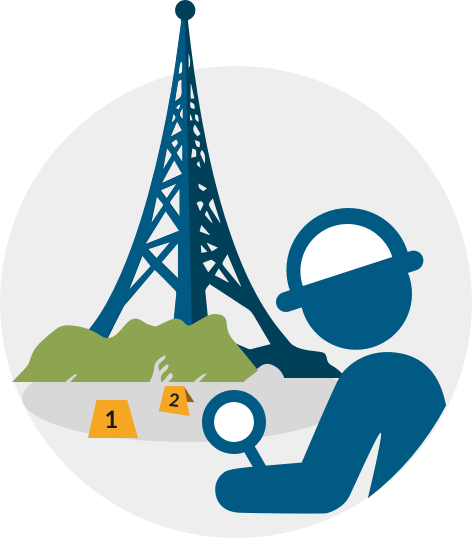




Activities Benefiting from our Involvement

* Support for AHJ and code officials can bridge the gap for inexperienced staff, facilitate faster approvals, support a greater confidence in project safety and provide more technically justified safety features or alternate means and methods.
Mission Statement
We are committed to enable the safe and timely transition to hydrogen and fuel cell technologies by sharing the benefit of extensive experience and providing suggestions and recommendations pertaining to handling and use of hydrogen.
- Hydrogen Safety Panel
Why You Need Us




Clear Safety Issue Hurdles to H2 Project Acceptance
Identify and Close Safety Gaps
Leverage Best Practice Learnings
Reduce H2 Project Cost
What We Accomplished
615
Reviews
441
Projects
200+
Presentations
15
Guides
Highlighted Projects:
For the California Energy Commission
- Light-duty Hydrogen Fueling Station Infrastructure
- Hydrogen Production Facilities
- Medium and Heavy-duty Hydrogen Infrastructure
Hydrogen Safety Project Reviews for the US Department of Energy Hydrogen and Fuel Cell ProjectsHydrogen Safety Project Reviews for the Center for Hydrogen Safety - Examples include:
- Chevron Hydrogen Co-firing Project HAZOP
- ACES/Mitsubishi HAZOP
- Constellation Power HAZOP
Utilizing the HSP
If you have interest in utilizing the expertise of the Panel, contact us by email at hsp@h2tools.org. To request services from the Hydrogen Safety Panel, please submit a request form.
Who We Are
2003 Year Established
23 Panel Members
600+ Years of Experience
Members

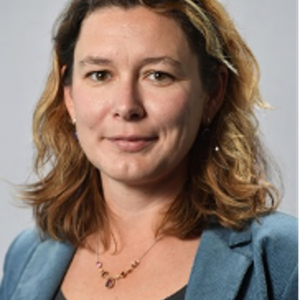
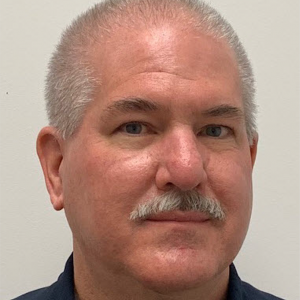
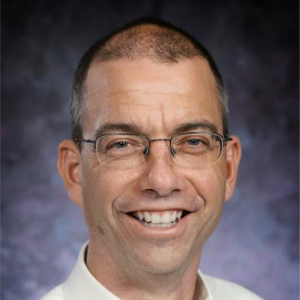

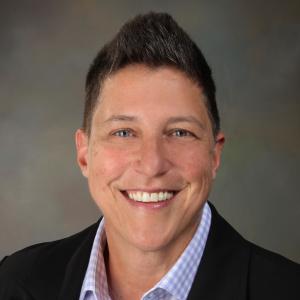
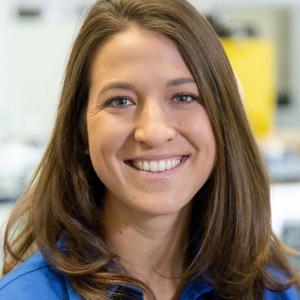

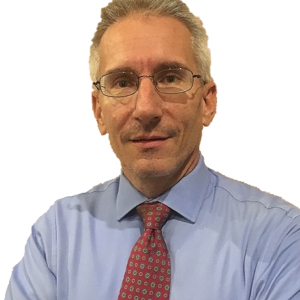
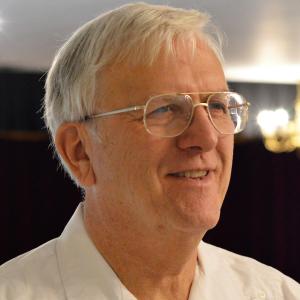

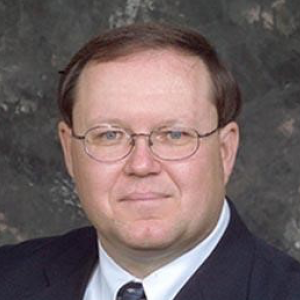
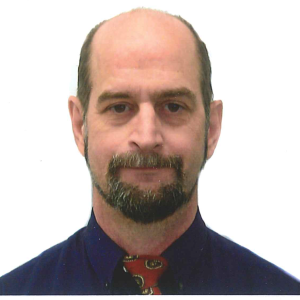
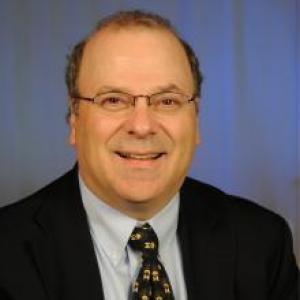




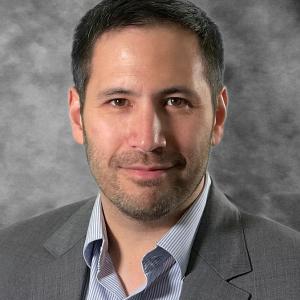
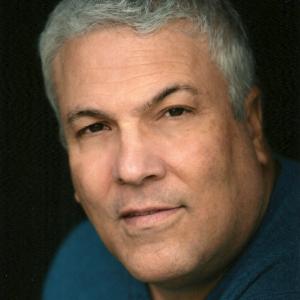
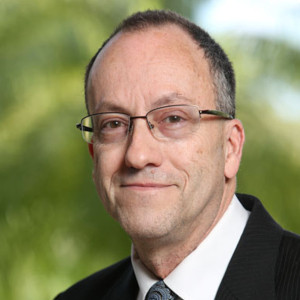
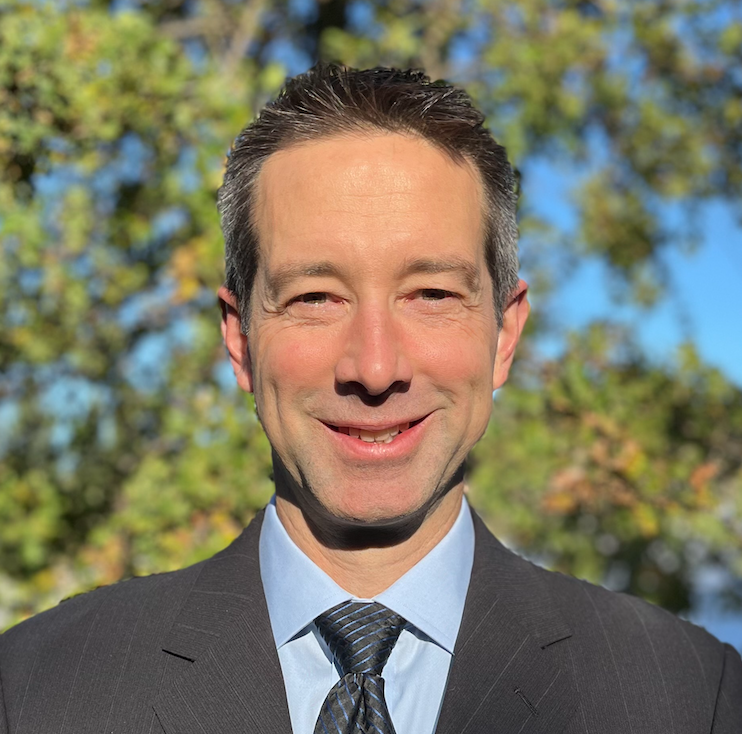
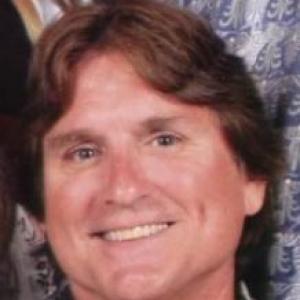

We are professional and reliable provider since we offer customers the most powerful and beautiful themes. Besides, we always catch the latest technology and adapt to follow world’s new trends to deliver the best themes to the market.
Contact info
We are the leaders in the building industries and factories. We're word wide. We never give up on the challenges.
- 2 Queen Street,California, USA
- (+84) 04 123 456
- :Helpdesk@h2tools.org
